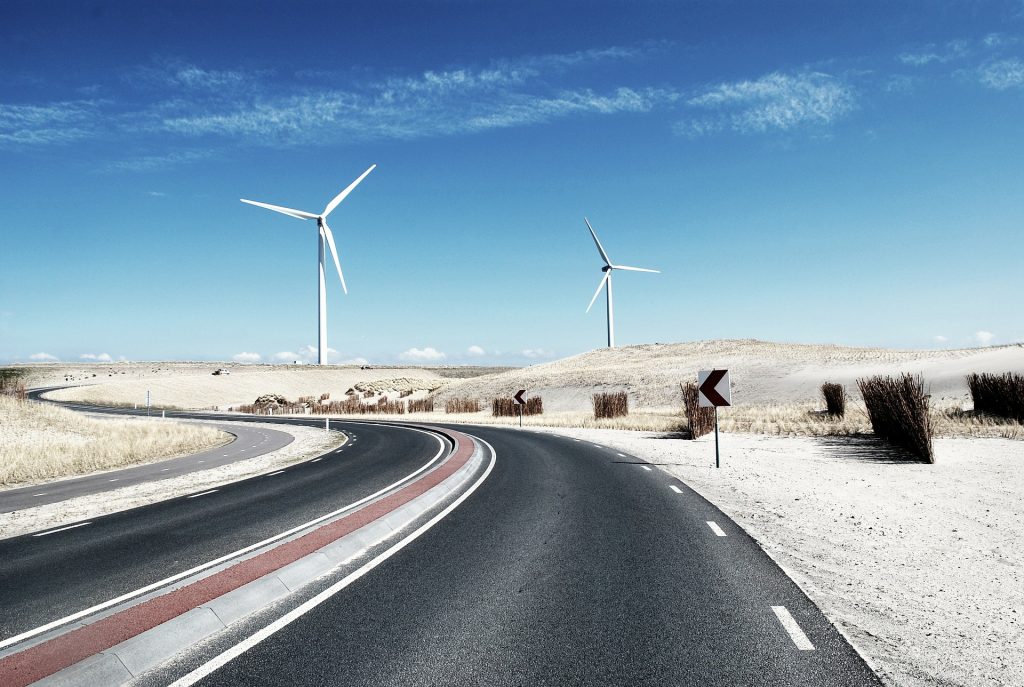India needs to have an energy storage in place, which would help in cutting down electricity costs and reduce carbon emissions.
Professor Ashok Jhunjhunwala, was speaking at Indian Institute of Information Technology (IIIT) Hyderabad’s annual R&D event.
It gives researchers a platform where they can share their work and interact with other scholars.
This year due to the COVID-19 pandemic the event was held online.
In the event Professor Ashok Jhunjhunwala, an Indian academic and also the recipient of the prestigious Padma Shri award, spoke about how India needs a proper plan to bring renewable energy to help cut down the electricity costs. Ashok Jhunjhunwala is currently the institute professor at the Indian Institute of Technology (IIT), Madras.
In his talk Professor Jhunjhunwala focused on how the renewable energy can be used for electricity in commercial spaces such as office and colleges.
Solar or wind electricity is not available on a 24/7 basis, as it is intermittent in nature. India needs a flexible energy storage. The electricity which is produced has to be used immediately,” said Jhunjhunwala.
Establishing Solar and Wind energy farms along with some coal based grid carriers will be able to provide electricity using a state owned DISCOM as a grid carrier will guarantee electricity for about 24/7 at approximately Rs 6 per unit.
Electric battery storage is one way of storing the energy in order to use it later and setting up of a solar and wind energy generation and wheeling it to buildings is another way of doing it. Jhunjhunwala is of the view that it is possible to use 24/7 renewable energy in India today for office complexes via storage.
In the near future the commercial spaces could also be capable of creating its own electricity. Around 5 to 20 MWh Li-Ion storage along with a bi-directional converter which could be connected to the internal grid of the complex, pointed out Jhunjhunwala.
In addition to electric battery storage one can also use chilled water storage to use the energy for air conditioning in commercial spaces.
One of the constraints in energy storage has to do with the cost involved in it. Currently, the world over, there are efforts to bring the economics in favour of using battery storage, which is subsidised by governments.
In the near future when the battery price falls the total price would also reduce, stated Jhunjhunwala.
According to a report in The Hindu, the energy markets are shifting towards renewable sources of energy such as wind, solar and hydro power. Being a part of the Paris Climate agreement, the share of renewable energy is going to increase in the near future. Andra Pradesh and Telangana have immense potential for solar energy farms, even Rajasthan for instance solar farms can be set in the deserts. Wind farms could be set in the coastal areas, said Jhunjhunwala.
By shifting towards the renewable source of energy India could save over $90 billion in imports from 2021-2030. The installed renewable capacity of India is fifth in the world. Indian Prime Minister, Narendra Modi has set a target of 450 GW by the year 2030.

